Genius trick by Microsoft Research can deliver 120 Hz refresh rate on 60 hz Mixed Reality displays
2 min. read
Updated on
Read our disclosure page to find out how can you help MSPoweruser sustain the editorial team Read more

When it comes to mixed reality, displays with high refresh rates are important to prevent nausea due to the mismatch between your actual motion and the (delayed) image being displayed on your screen. Ideally, the image being displayed on your headset should match as closely as possible what you would see in reality at that time rather than what you would have seen several milliseconds earlier before you moved.
In practice, this means mixed reality displays should ideally have a refresh rate of above 90 frames per second, which can be difficult and costly to achieve. Microsoft’s researchers are however pretty smart, especially Brian Guenter, a Group Manager and Principal Researcher at Microsoft Research who specializes in computer graphics in general and low latency displays in particular.
The team had the genius insight that even though a display may refresh at 60 Hz, the image is not actually drawn instantly all over the display, but from top to bottom, and in many mixed reality headsets with the display turned on its side, from right to left or left to right. This means even when one display is used for both eyes, the image for the one eye is actually drawn some 8.3 milliseconds after the other eye in a 6o hz display.
A new patent, “INCREASING EFFECTIVE UPDATE RATE FOR DEVICE DISPLAYS USED IN AUGMENTED REALITY HEAD MOUNT DEVICES“, therefore, suggests generating the image for the one eye 8.3 milliseconds after the other eye, meaning the image actually displayed to that eye is not an old image, but as fresh as possible, and effectively doubling the refresh rate of the display.
The idea will clearly not require any new technology to implement but could mean a significant improvement in the experience for users on low-end mixed reality devices.
See the full patent here.

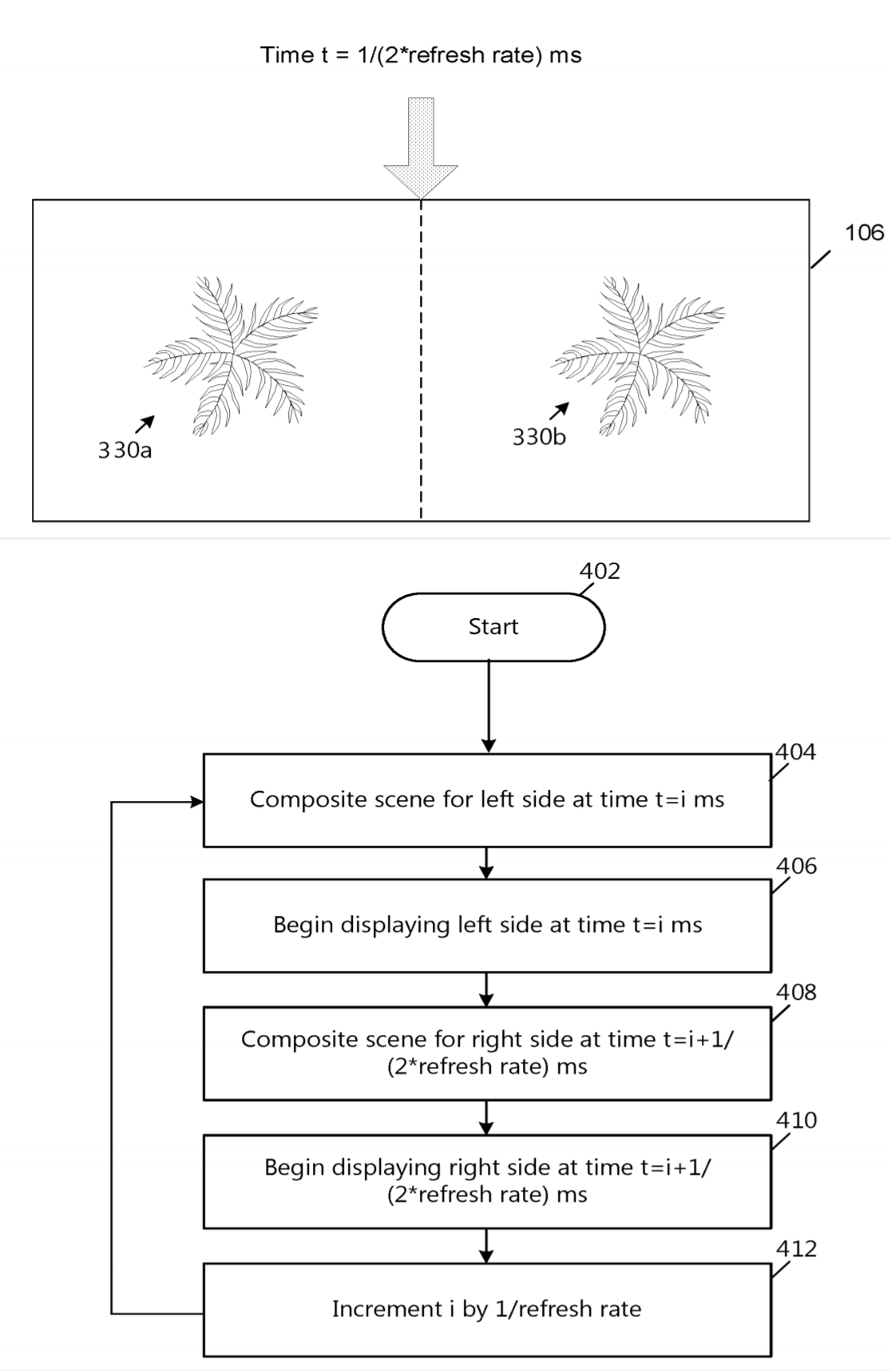
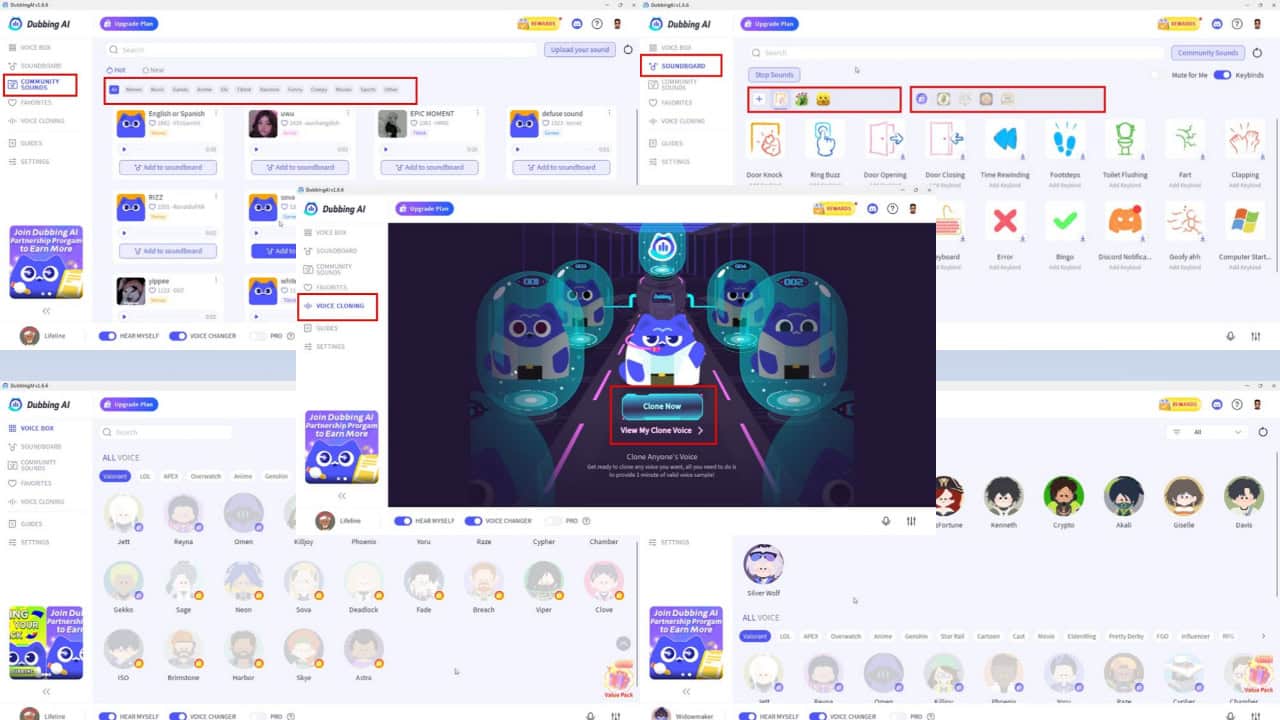

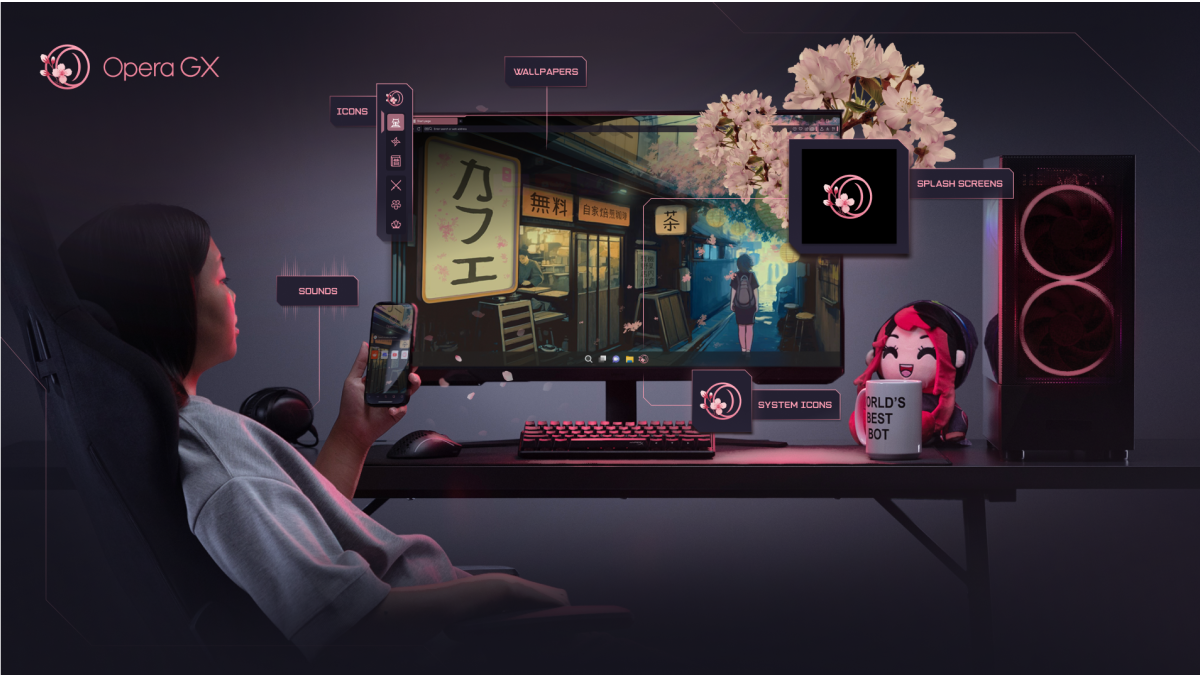
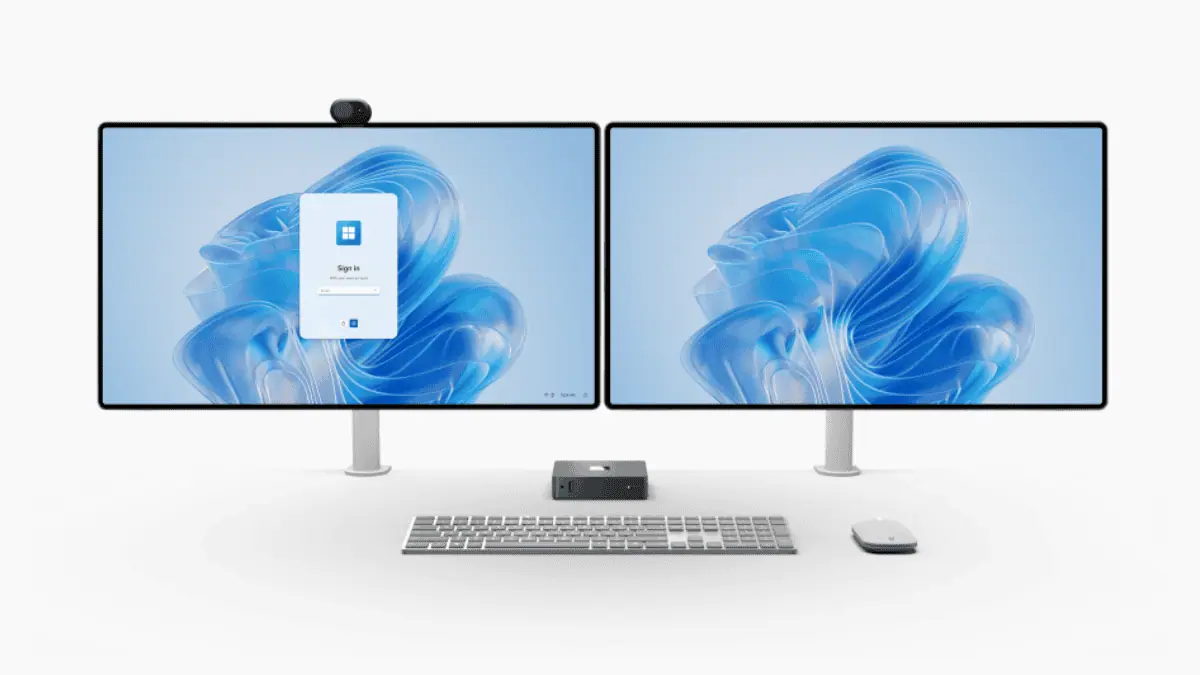
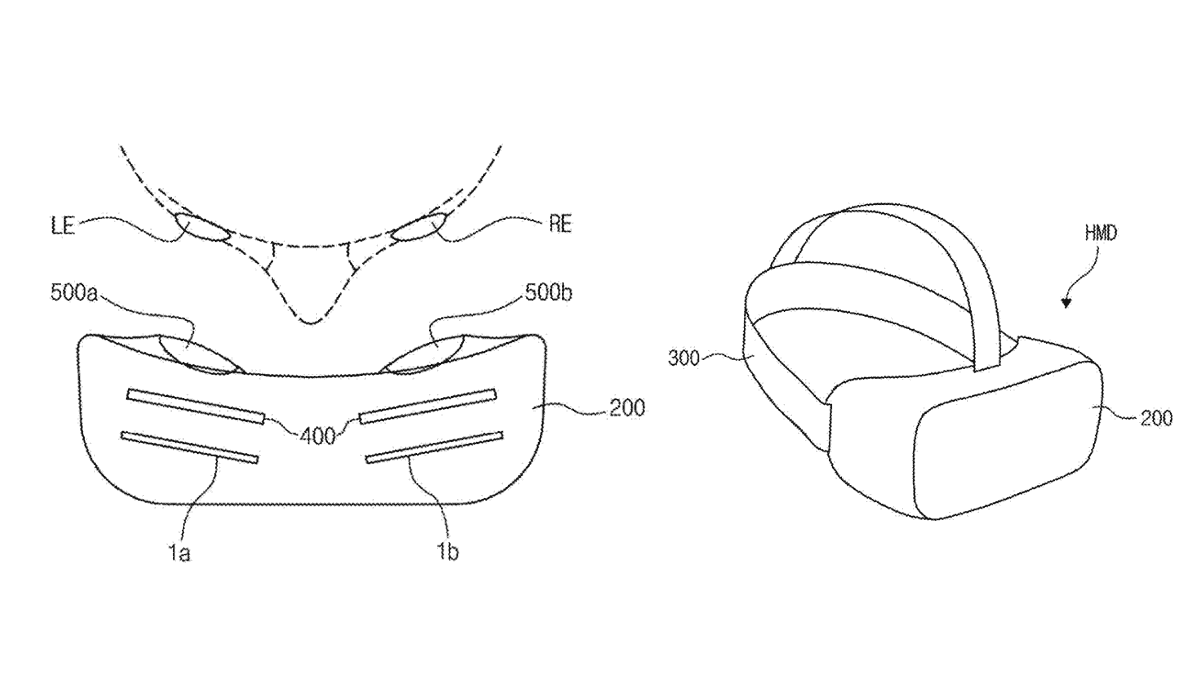

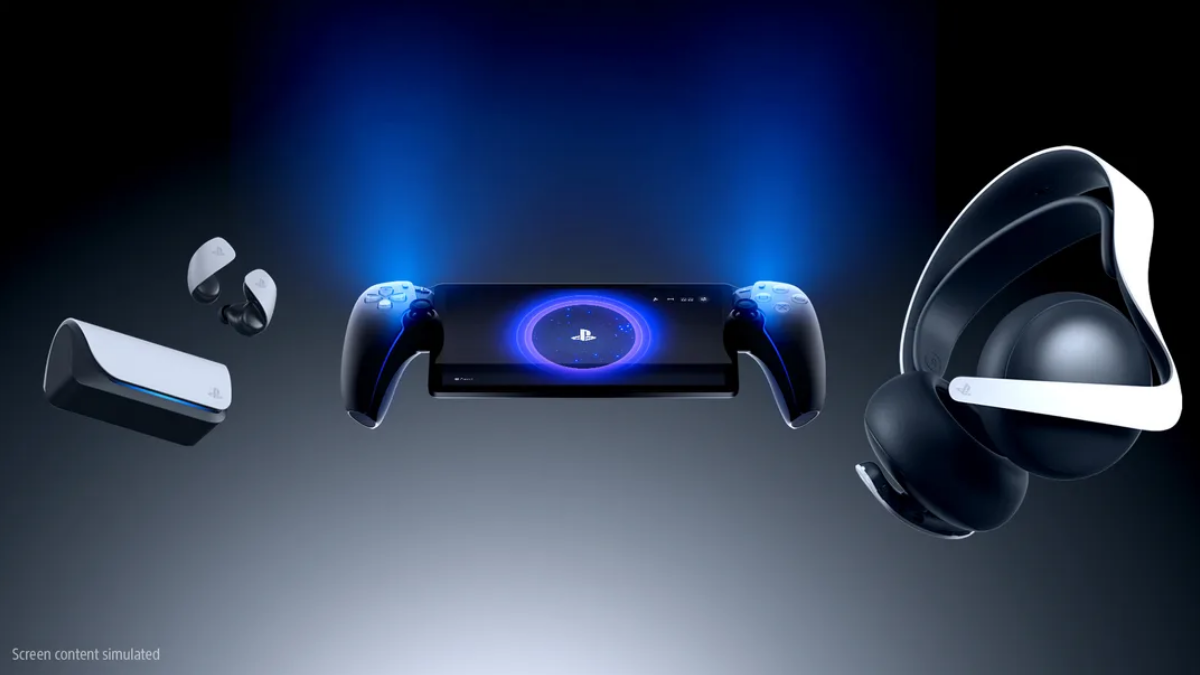
User forum
0 messages